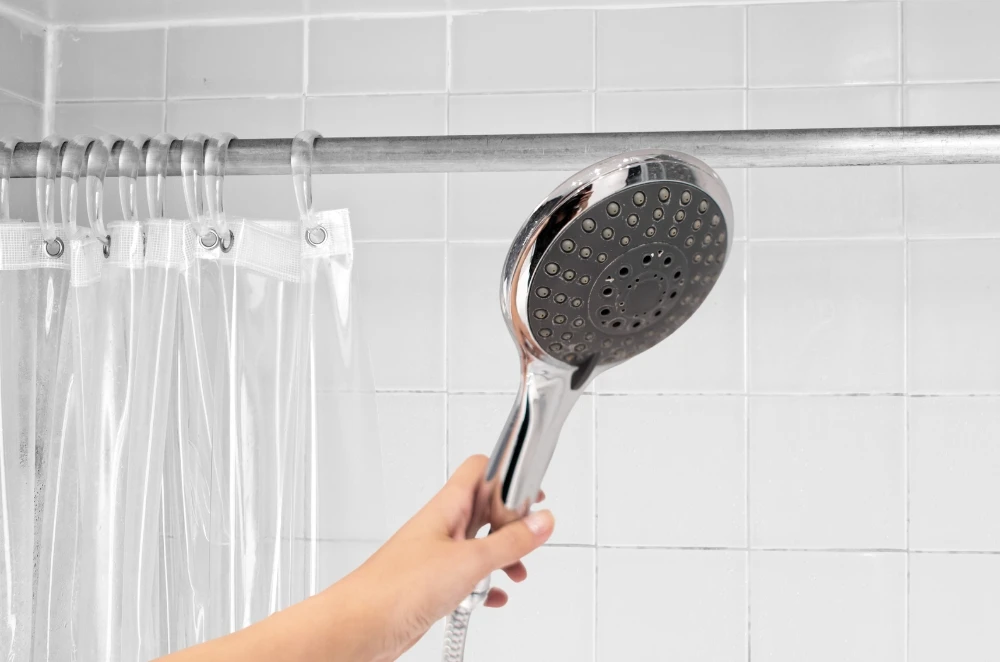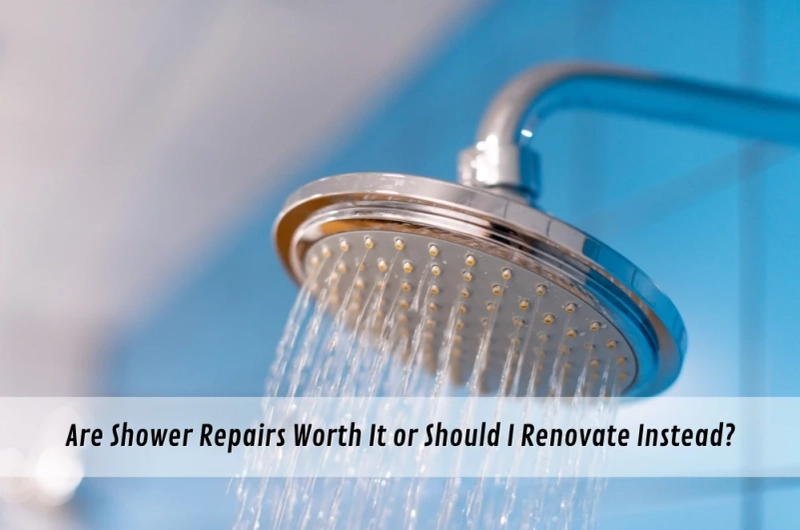You know that soft drip sound? The one you think is harmless? Yeah, it’s not. In Sydney, where older homes meet humid summers and dodgy renos, that little leak can become a total nightmare. Happened to me a couple of years back in an Inner West rental. Looked fine on the surface… until the skirting boards started puffing up and there was mould behind the vanity. If anything feels off in your bathroom, even slightly damp after a hot shower, don’t wait. Get onto the shower repair services Sydney locals rely on before it turns into an insurance claim.
Why shower leaks get worse fast
It starts slow, barely noticeable. Then one day, the tiles shift, paint starts bubbling, and your neighbour downstairs starts sending angry texts about their ceiling.
In this city, where bathrooms often get tucked into odd spaces or updated poorly, shower leaks are bloody common. And if you’re renting? Good luck getting quick action. The longer it drags on, the more it costs.
Early signs of a leaking shower
You don’t always see puddles or obvious damage. Some signs sneak up on you:
- That weird, damp smell that doesn’t go away
- Hairline cracks in grout or silicone
- Skirting boards are starting to swell
- Mould is creeping in, especially outside the shower area
- Tiles sound hollow when you tap them
I once noticed the door wouldn’t close properly anymore. Thought it was humidity. Nope — water had been leaking down into the frame for weeks. Cost me my bond, too.
Also, keep an eye on dampness that comes and goes. If the floor’s dry in the morning but wet after someone showers? That’s not just bad ventilation — it’s probably a leak.
Why do showers leak in the first place?
There’s no single reason, but some common ones include:
- Cracked grout or failed silicone joints
- Old waterproofing that’s given up
- Movement in walls or flooring
- Pipes behind the wall with slow drips
- Shoddy renovations without proper sealing
Honestly, half the time it’s just wear and tear — but once water gets in, it finds weird paths. I've seen it pop up in linen cupboards, lounge rooms — you name it.
What happens if you just ignore it?
Short version? Regret. Long version:
- The floor starts to rot
- You get termites (yep, they love damp timber)
- Mould sets in — the nasty kind
- Insurance might not cover it
- Tenants complain or worse, move out
- You get hit with a strata notice or worse
Landlords especially — listen up. If tenants report it and you don’t fix it? Could be seen as neglect. Then you’re looking at more than just repair costs.
Should you fix it or call a tradie?

You can try a quick silicone fix, sure. But if the leak’s been going for a while, that’s just a Band-Aid. If you're looking for a real shower fix, you're going to need more than just surface-level solutions.
Here’s when DIY won’t cut it:
- There’s visible damage outside the shower
- You’ve tried fixing it once already
- Water shows up in weird places
- The problem keeps coming back
- You’re doing a reno or getting ready to sell
One time, I thought I was being clever — resealed the edges myself with top-shelf product. Looked great. Two weeks later? Water is pooling under the bathroom cabinet. Turns out the actual membrane had failed ages ago. Ended up needing a full strip-out.
A proper leak inspection checks moisture levels, traces it back, and gives you a plan that actually works long-term — no guessing.
What the pros actually do when they inspect
They’ll usually:
- Do a moisture test (infrared gear, not just guessing)
- Check your seals and grout
- Try to figure out if it’s plumbing or waterproofing
- Give you some options — reseal, inject, rip-up if needed
- Provide compliance paperwork if they’re licensed
It’s not always a nightmare job. Sometimes they don’t even need to remove tiles — just depends where the leak’s hiding.
Know your waterproofing responsibilities
Here’s the thing — you can’t just slap on some sealant and call it a day. In NSW, waterproofing repairs must be done by a licensed contractor. Cutting corners can lead to bigger problems than you think:
- 🛠️ Unlicensed repairs can void your insurance if water damage occurs later
- 📋 Non-compliant work can fail council inspection, especially during renovations or resales
- 🏡 Even owner-occupiers aren’t off the hook — DIY mistakes can delay or derail property sales
- 💸 One mistake can cost thousands, from redoing bathrooms to losing buyers mid-sale
A mate of mine lost a buyer because his ensuite didn’t meet waterproofing code — had to rip it all up to get certified.
Bottom line? If you're touching waterproofing in wet areas, bring in someone licensed. It’s one of those things that’s worth doing right the first time.
Choosing the right shower repair specialist
Ask stuff like:
- Are you licensed and insured?
- Do you test for moisture, or just guess?
- Can this be fixed without removing tiles?
- What’s the warranty like?
- How long before we can use the shower again?
Also — check reviews. Not just the stars, but real stories from people with similar issues. Especially if you’ve got an older home or unique setup (think attic bathrooms or slab-on-ground layouts).
Last thoughts — don’t let it slide
If you’ve read this far, you’re probably already suspicious about something in your bathroom. Don’t wait. I’ve seen too many mates say, “it’s probably nothing” — then they’re dealing with warped floors or stained ceilings three months later. That $250 call-out could save you $10k in repairs and headaches. Get it looked at. Even if it turns out to be nothing, at least you’ll know.


